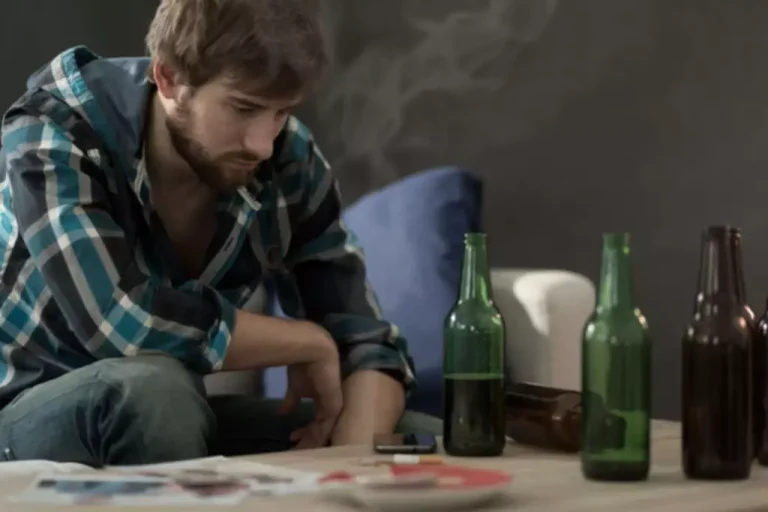
Make it clear that drinking will not be allowed in your home and that you may not be able to attend events where alcohol is being served. Clinical evidence suggests that the most common causes of relapse during this stage are neglecting self-care or not attending self-help groups. During the repair stage, taking care of yourself is paramount. The mental challenge of this stage is not to let anything make you feel defeated. While the abstinence stage of withdrawal causes mostly physical symptoms, post-acute withdrawal is very psychological and emotional. The abstinence stage typically begins right after you stop drinking.
Understanding Alcoholism and the Signs of Severe Drinking Problems
Her fields of interest include Asian languages and literature, Japanese translation, cooking, natural sciences, sex positivity, and mental health. In particular, she’s committed to helping decrease stigma around mental health issues. Maybe you’ve never been interested in logging your innermost thoughts, but journaling can be a great tool to track your feelings as you work on quitting alcohol. By avoiding alcohol, you’re taking a big step toward improving physical health.

Avoid Relapse
In some people, the initial reaction may feel like an increase in energy. But as you continue to drink, you become drowsy and have less control over your actions. Research has found that of the 20.3 million adults in the U.S. who have a substance use disorder, 37.9% also have another type of mental illness. This often means getting rid of paraphernalia or other items that might trigger your desire to use a substance or engage in a harmful behavior. You may also find it necessary to change your routine so that you have less contact with people or settings that trigger cravings.

Tips for success in alcohol recovery
Finding an organization or community group where you can give back to other people is another valuable tool in recovery. Serving others allows your mind to take how to overcome alcoholism a break from your own struggle and refocus your thoughts. It can be a volunteer organization or simply helping out family members, friends or peers in recovery.
- Others need medical supervision in order to withdraw from alcohol safely and comfortably.
- It is important to gauge whether the facility provides all the currently available, evidence-based methods or relies on one approach.
- With supportive resources and the right treatment approach, you can overcome the physical and mental challenges you face in order to recover.
- Seeking professional help can prevent a return to drinking—behavioral therapies can help people develop skills to avoid and overcome triggers, such as stress, that might lead to drinking.
- Some appshelp you keep track of alcohol intake or sobriety dates.
- Similarly, some alcoholics may be able to stop drinking with the help of Alcoholics Anonymous.
- Even simple things like talking to a friend, watching a television show, reading a book, or going for a walk can provide a sufficient distraction while you wait for a craving to pass.
Health care providers diagnose AUD when a person has two or more of the symptoms listed below. AUD can be mild (the presence of two to three symptoms), moderate (the presence of four to five symptoms), or severe (the presence of six or more symptoms). For serious alcohol use disorder, you may need a stay at a residential treatment facility. Most residential treatment programs include individual and group therapy, support groups, educational lectures, family involvement, and activity therapy. Treatment for alcohol use disorder can vary, depending on your needs. Treatment may involve a brief intervention, individual or group counseling, an outpatient program, or a residential inpatient stay.
How to Overcome an Addiction
Setbacks can be common, so you will want to know how they are addressed. For more information on a return to drinking, see An Ongoing Process. The three-step road map outlined in the NIAAA Alcohol Treatment Navigator offers expert guidance to focus and support your efforts. Learn how to find higher quality, science-backed alcohol treatment to raise your changes for success. The good news is that no matter how severe the problem may seem, most people with AUD can benefit from some form of treatment.

What Is Addiction Recovery?
- AUD is characterized by an impaired ability to stop or control alcohol use despite adverse social, occupational, or health consequences.
- Unhealthy alcohol use includes any alcohol use that puts your health or safety at risk or causes other alcohol-related problems.
- Such e-health tools have been shown to help people overcome alcohol problems.
- Once you know how much of a role alcohol plays in your life, you can figure out how to quit drinking.